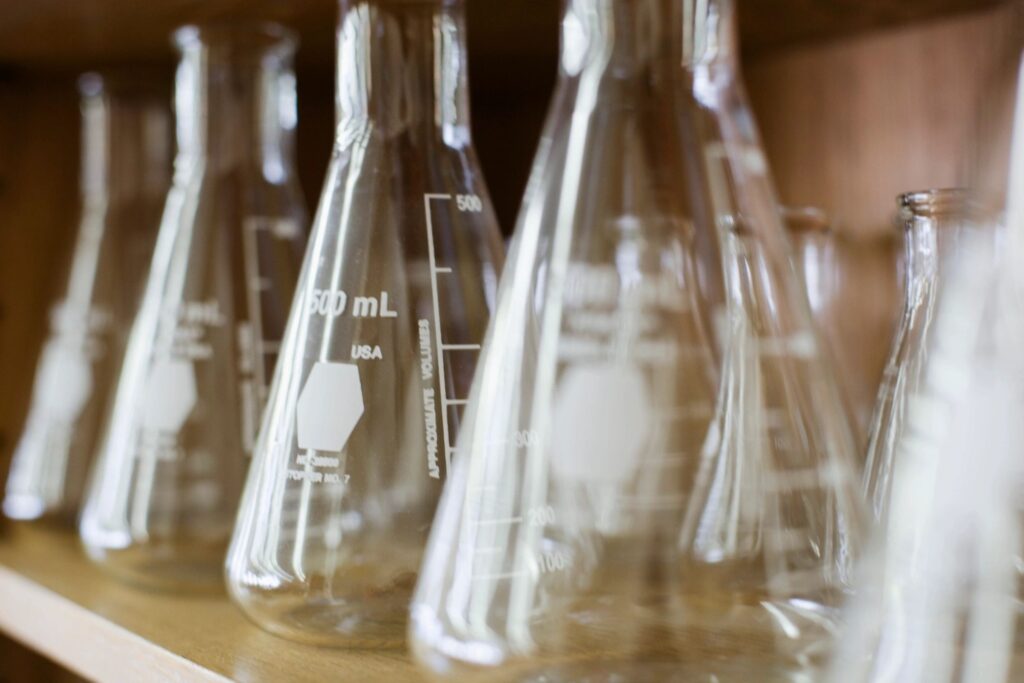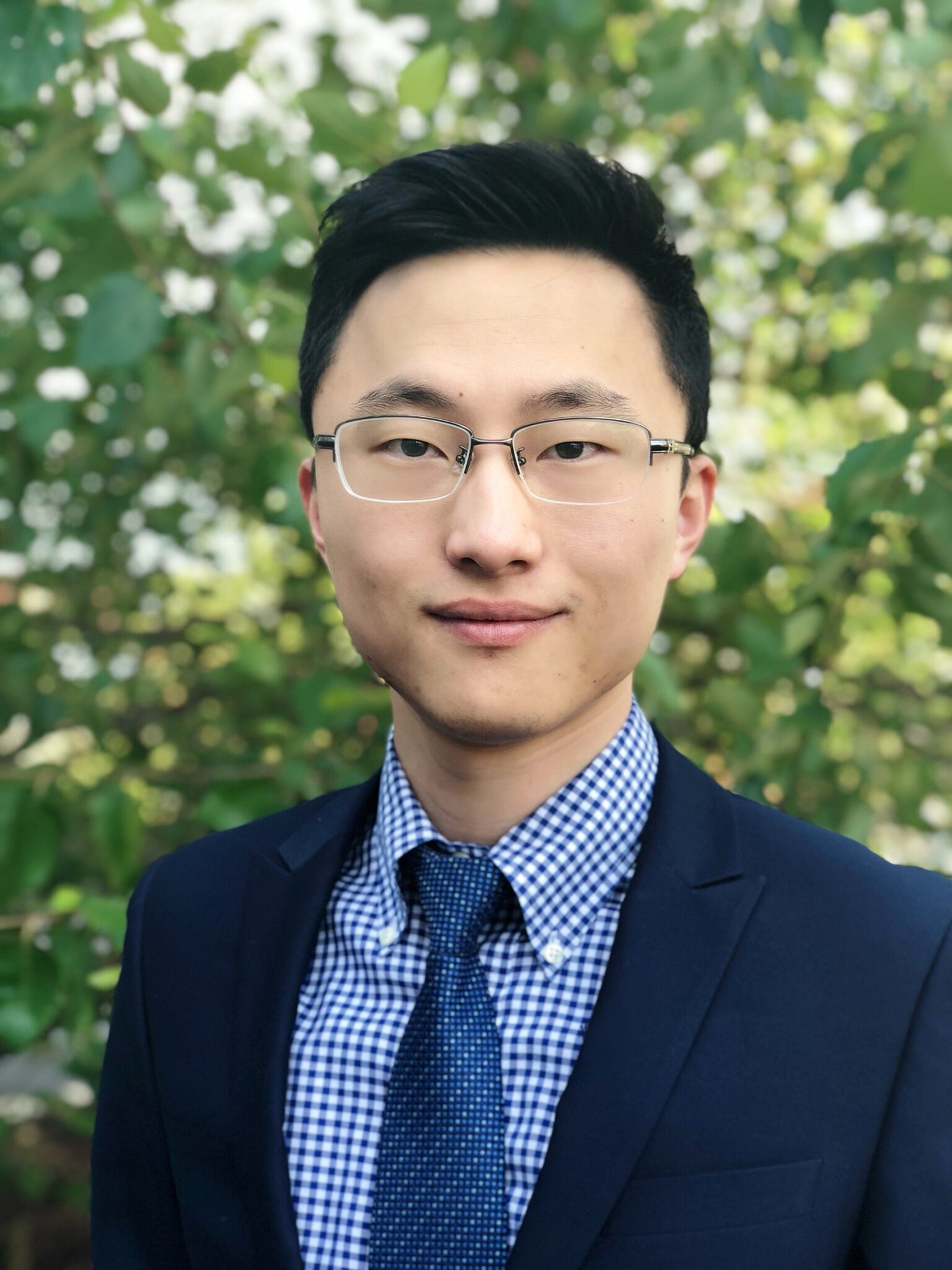An interview with chemical engineer Haotian Wang on his new nanomaterials for clean energy, climate change mitigation, and water treatment.
Dr. Haotian Wang is currently a William Marsh Rice Trustee Chair Assistant Professor in the Department of Chemical and Biomolecular Engineering at Rice University. He earned his PhD in the Department of Applied Physics at Stanford University in 2016 and his Bachelor of Science in Physics at the University of Science and Technology of China in 2011. His research group has been busy developing novel nanomaterials for energy and environmental applications including energy storage, chemical/fuel generation, and water treatment. Let’s unpack that with a few questions for Dr. Wang.

Science Connected: How would you explain your research to a high school student?
Haotian Wang: Our research is to use renewable energy to convert CO2 molecules back into chemical fuels. This technology can help us to reduce the amount of CO2 released to the atmosphere, which is the major greenhouse gas that contributes to global climate change. We need to design catalysts to make this process more efficient.
SC: How would you explain your research to an elementary school student?
Wang: Our human beings are producing too much carbon dioxide into the atmosphere, which is like a blanket that warms our earth and damages our ecosystem. Our research is to study how we should reduce the amount of CO2 in the atmosphere and how we can convert them into something useful.
SC: Why is your research is important and how will it benefit the public?
Wang: Our CO2 reduction technology could revolutionize the way we produce chemicals and fuels, and also help to mitigate climate change.
SC: Why are you studying the development of novel nanomaterials for energy and environmental applications including energy storage, chemical/fuel generation, and water treatment? What do you love most about it?
Wang: Climate change is one of the most urgent challenges our human beings are facing. I am trying to make my own contribution to combat it, to saving our ecosystem. I am proud that my research has the potential to help us mitigate climate change.
SC: What would you tell a young person interested in pursuing a career as a chemical engineer?
Wang: If you want to become a chemical engineer, keep motivated, think big, and move fast!
RELATED: DO YOU WANT TO BE A CHEMICAL ENGINEER?
SC: What activities do you enjoy in your free time?
Wang: I enjoy hiking, playing basketball, and skiing.
SC: What might people be most surprised to learn about you?
Wang: I learnt physics in my undergraduate, got a training in materials science during my PhD, and then became a chemical engineering faculty.
GET TO KNOW ANOTHER SCIENTIST: ASTROPHYSICIST DR. MELINDA SOARES-FURTADO




